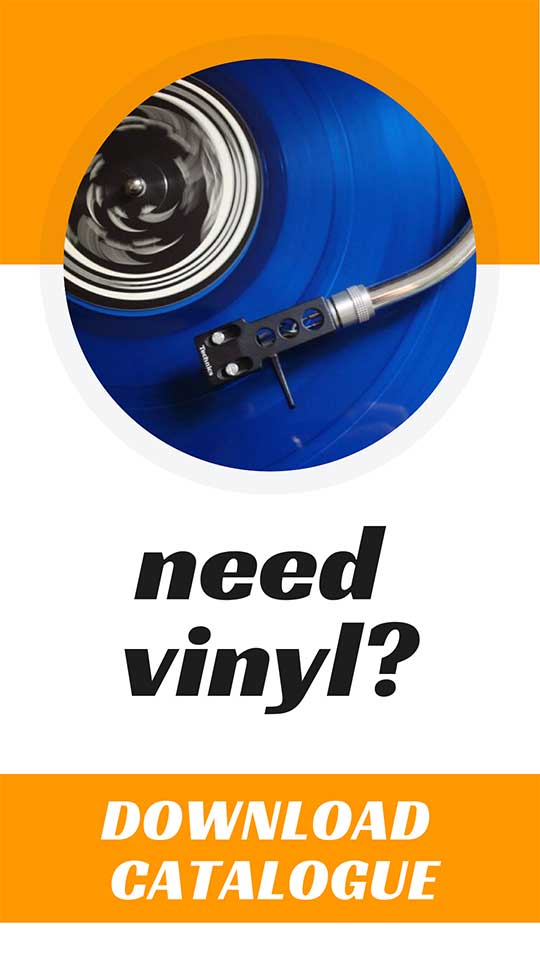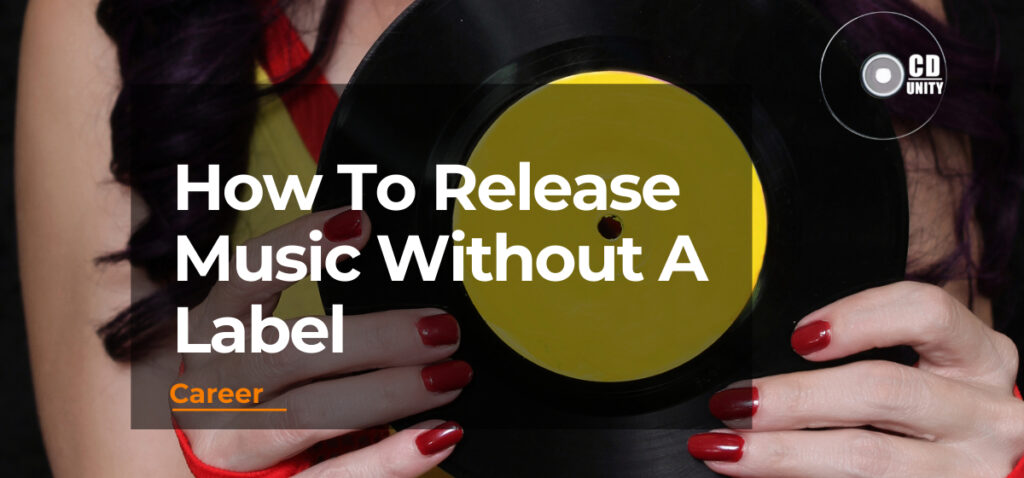
How To Release Music Without A Label
Releasing music independently is no longer a pipe dream but a realistic option for artists of all levels. Whether you’re an independent artist or belong to a major label, releasing your own records doesn’t need to be daunting.as it may once have been.
In this article I’ll explain the basics of how to release music without the backing of a record label.
Quick Facts
- Going it alone gives unsigned artists the freedom to dictate their creative direction and maximise earning potential, as well as ensuring a wider distribution.
- Independent musicians should select a digital distributor such as TuneCore or DistroKid for maximum earnings from streams and sales with more affordable fees than major labels.
- It is essential to register songs with Performing Rights Organizations in order to receive royalties when they’re played publicly or broadcasted.
- Promoting your music via social media platforms such as Instagram, YouTube and Spotify can build relationships with fans whilst collaborations with other professionals will widen networks exponentially.
Why Release Music Without A Label?
Creative Control
As an independent musician, having full control over your music can be a major advantage. With no label to answer to or someone telling you what songs should sound like and how to promote them, the possibilities are endless.
Taking creative control of your musical journey also allows you access into unexplored markets and reach a much wider audience than traditional record labels could provide.
Famous examples include Chance the Rapper who achieved unprecedented success independently; his unique combination of hip-hop, jazz and gospel attracted fans from across the world that couldn’t get enough! Independent music artists like him who take ownership often become pioneers for succeeding generations too – redefining industry trends each year they build up their careers through non-traditional channels.
The potential royalty earnings from such actions are limitless as well; revenue streams include subscriptions via streaming services, digital downloads/sales amongst others ecommerce options a
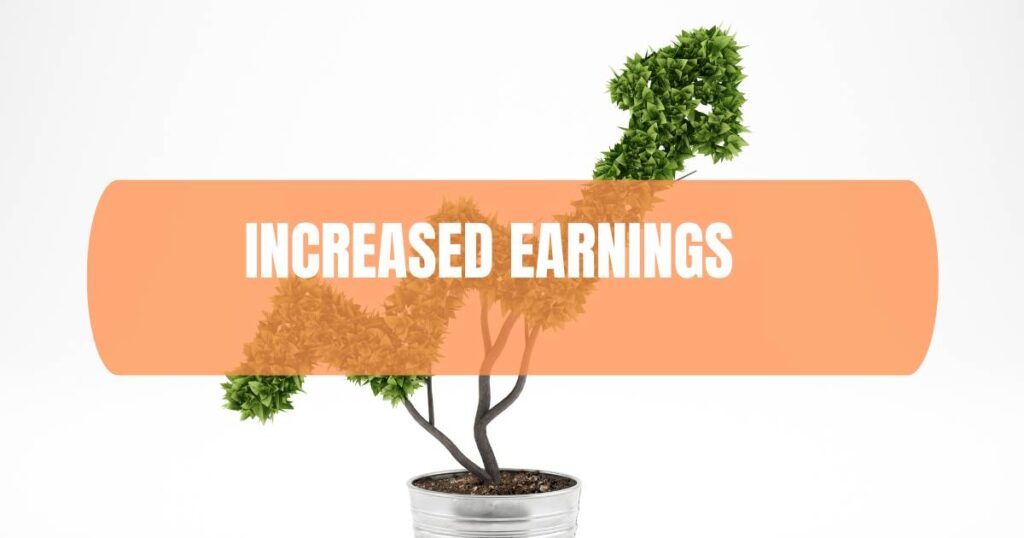
Increased Earnings
We all know that releasing music independently can lead to a surge in overall earnings – after all, there’s no record label taking its cut of the profits! Independent artists earned an average of $12,860 a year off music and other revenue streams according to recent research.
With labels, renowned artists take home around half of what they make from sales or streaming services like Spotify and Apple Music.
By going it alone, musicians get to keep more of their money as well as having greater creative control over their releases.
They don’t need the backing of big companies either: digital distributors act as mediators between artists and online stores such as iTunes and Google Play Music — without the fee you might think would be associated with submitting music for mass release worldwide.
And when those outlets are paying out up to 83% royalty rates (higher than even major labels normally receive), it stands reason enough why independent artists should strive for self-releasing projects rather than outsourcing them to “the label machine”.
Furthermore, not only does financial gain come in through digital distribution but also via channels outside strictly related to your track plays — touring; physical merchandise sales; crowdfunded events..
you name it! There’s plenty of ways an artist can use their own creativity and skillset towards increasing character count on their bank statements beside waiting till payday every two weeks from PROs or digital store payouts.
Building an engaged fan base is essential too. After all, fans mean repeat buyers — whether performance tickets at gigs or T-shirts carried with endorsements; this circle should never become stagnant if sustainable growth is desired.
Wider Distribution
Releasing music without a label gives independent artists the ability to extend their reach and have access to a wider audience. Choosing the right platform to distribute your music is essential in having wider distribution.
In this day and age, there are numerous possibilities for getting your music out into the world without waiting on a record label; streaming platforms such as Apple Music, Spotify and SoundCloud are some of the most popular options forindependent musicians.
Additionally, many independent stores like Bandcamp or Beatport- allow you to list both digital downloads and physical copies, making sure that all fans from different parts of the globe can find access with ease.
Benefits of wider distribution include increased exposure potential resulting in more income from sales but also via merchandise or gig opportunities arising out of well publicised releases .
If you’re not releasing through an established distributor it is important to register your music with local performing rights organizations so any live performances can be registered potentially generating additional revenue sources over time.
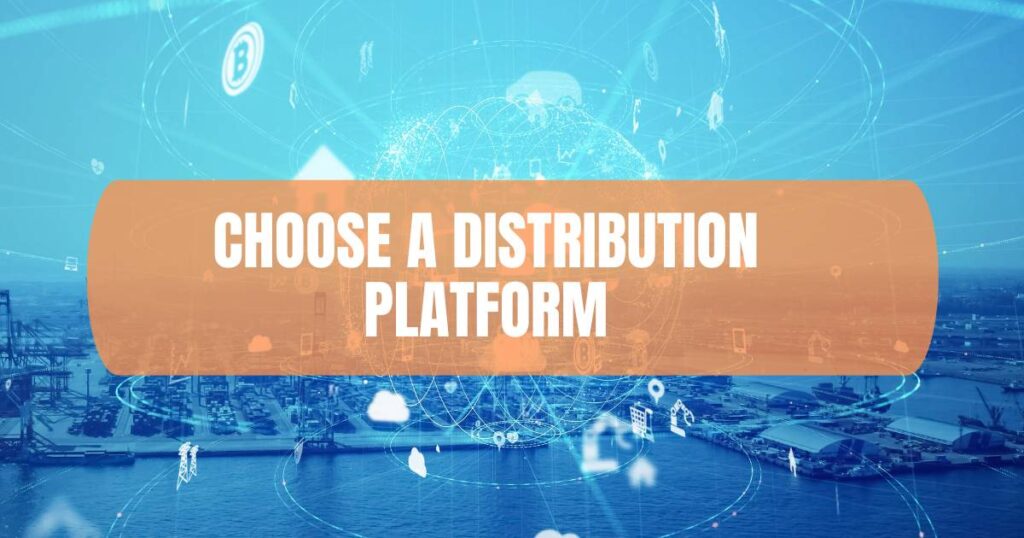
Choose A Distribution Platform
Releasing your own music without a label means finding a digital distribution platform capable of delivering it to all the major stores and streaming services accessible.
With so many options available, this can feel like an overwhelming task — but it’s possible with the right knowledge. Selecting an independent music distributor, such as TuneCore or DistroKid, is one of the best ways to get started on releasing your tracks without needing record label backing.
These distributors act as mediators between you and online store partners like iTunes, Spotify, Pandora etc., ensuring that you receive maximum earnings from their streams and sales.
It also benefits you in terms of cost; while most labels charge what could be deemed excessive fees for taking care of the specifics surrounding releases—from mastering recordings to acquiring copyrights—available platforms offer more affordable rates for indie musicians who just want help getting out there.
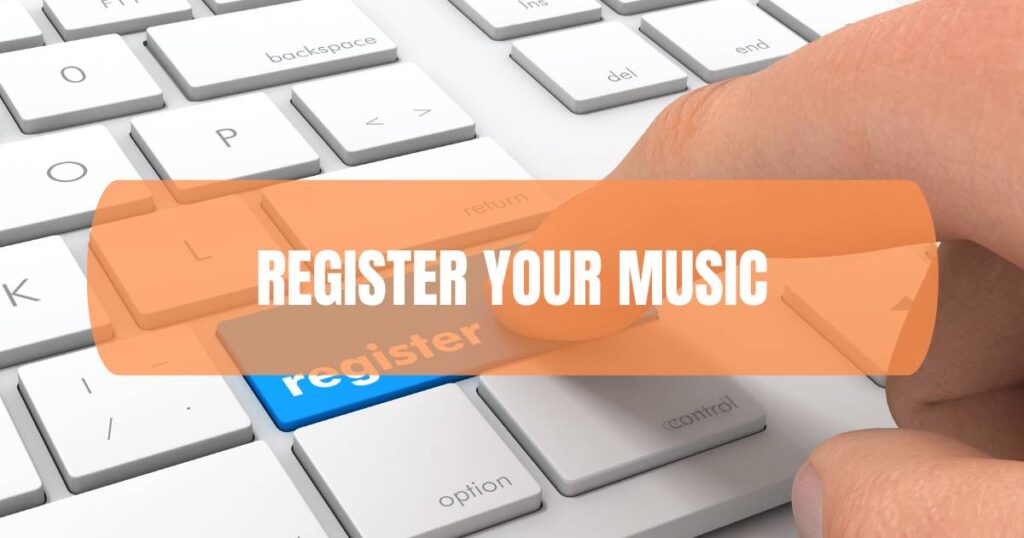
Register Your Music With A Performing Rights Organisation
As a solo independent artist, it is essential that you register your music with a Performing Rights Organization (PRO). This involves registering both your compositions and sound recordings with the United States Copyright Office.
When registering a song, your Performance Royalty will actually be split 50/50 into two sub-royalties: Songwriting and Publishing.
Having your music registered with a PRO is also beneficial to boost recognition of yourself as an artist because every time someone plays one of your songs publicly or broadcasts it on the radio or other platforms; you are credited properly and receive royalties for each performance from collection societies.
Browse our CD duplication products

Promote Your Music
When it comes to releasing music without a label, one of the most essential steps is promoting your material. Doing DIY PR for your tracks can be daunting and time-consuming but there are many strategies you can use to make the process easier.
Social media channels such as Instagram, Youtube, Spotify and Facebook are key when it comes to growing an audience online. Use these platforms not just for sending out updates about releases but also sharing behinds-the-scenes practises like production processes or video poker streams.
StoryAmp offers independent artists a free service where they can tailor press releases and tour dates to music journalists in order increase their reach and get noticed by potential customers – this could really make a difference when trying promote yourself without label backing! Additionally, collaborations with other artists or professionals who have experience in the industry (such as producers) will help widen your network which will likely reflect positively in views of tracks posted online too.

Build A Fan Base
Releasing music without a label is all about promoting and marketing your sounds. To build an audience, you’ll need to get out there and play as many gigs as possible.
Doing so will help increase awareness of your music and establish yourself regionally or even nationally.
Social media is key too, particularly when you are starting out with no backing from a label. Use social media platforms such as Instagram, Facebook, Twitter, YouTube or TikTok to promote yourself in an organic way and engage with followers.
Building relationships online allows independent musicians to connect directly with their fans which makes them more likely to buy the music eventually released.
When releasing music independently it’s important not to give up after the initial launch – consistent promotion over time yields better results than continual hard selling messages that could alienate potential listeners instead of engaging them positively.
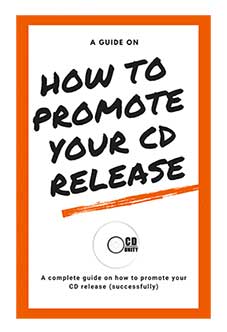
Download FREE pdf
Be prepared for your CD release!
With our guide you’ll be on the sure path to
release your CD successfully.
Advantages Of Releasing Music Without A Label
Full Ownership Of Your Music
As an independent artist, owning the master rights to your music is essential. It gives you control over what happens with your music and who has access to it.
When an artist signs with a record label, the label owns the master recording of their work, meaning they are in control of any profits made from its use. However, when self-releasing music without a label backing, artists retain full ownership of their own creations which gives them more power when it comes to decisions about releasing, licensing and profiting off their art.
By keeping ownership of their work in house so to speak (in other words doing all distributing and marketing themselves) – artists have complete autonomy over how they present their creative content as well as being able free up time for touring or building relationships within the industry that can ultimately turn into profit making opportunities down the road through crossovers like adverts or movie soundtrack placements .
This idea isn’t just hypothetical – there are several notable examples such as Chance The Rapper who released his first few mixtapes entirely independently thereby retaining total creative freedom while garnering widespread critical acclaim and public appreciation along with growing fan loyalty that eventually signed him lucrative partnerships leading up big launches like ‘The Big Day’ on streaming platforms.
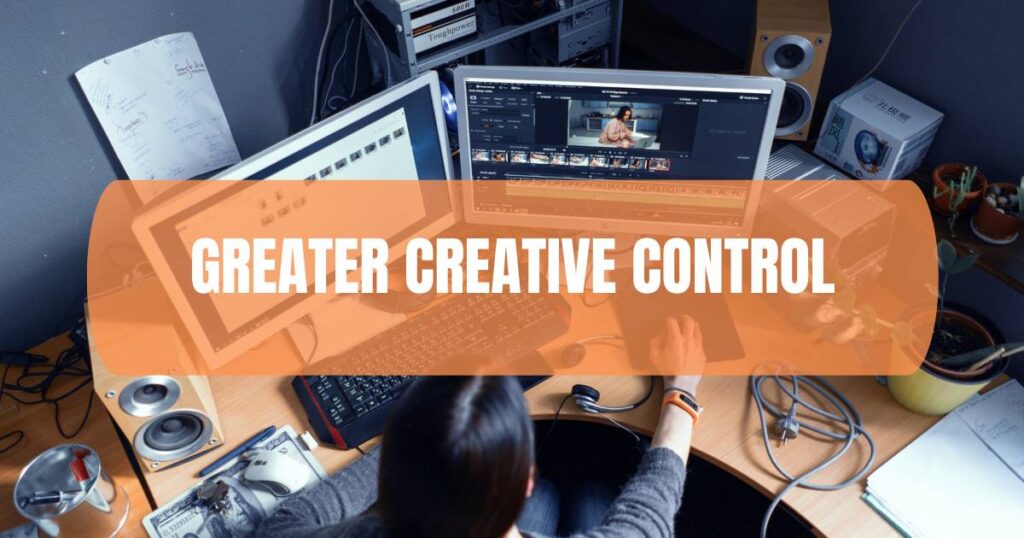
Greater Creative Control
When releasing music without a label, one of the biggest advantages is having greater creative control. Having this control means you’re able to make decisions about your music, from the recording process all the way through to determining what and how songs are being released and promoted.
With a record label, you may have only limited input into these types of decisions since they hold a significant amount of power inside the industry.
By going with an independent route instead, artists can maintain full ownership over their songs; it prevents them from ever negotiating away their rights as part of some deal with a major company down the line.
As long as an artist has done everything within their power to promote their music—social media campaigns, online ads—they get full recognition for every ounce of success achieved while climbing up in rankings on various streaming sites.
Many successful self-released independent musicians had no other option but to go solo at first before they eventually got signed by major labels such as Chance The Rapper and Megan Thee Stallion who both used effective marketing strategies in order to acquire fans who would listen to and support their work worldwide.
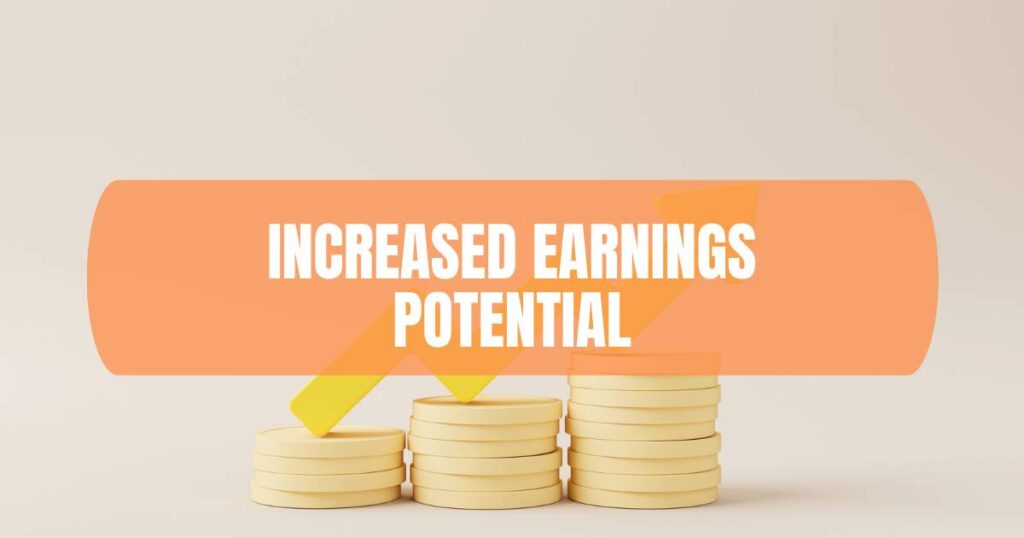
Increased Earnings Potential
Releasing music without a label can be highly lucrative and lead to significant financial wins for musicians. Deciding out of the gate to create and release a record without requiring label assistance gives you complete control over where all the money is going.
You’ll focus on using platforms like Bandcamp or distributing to Spotify, Apple Music, and other streaming services yourself in order to get your records into the hands of more than just your local fans.
Furthermore, as an independent artist with access to revenue streams that required some sort of deal with a major label otherwise – such as synch/licensing deals and film placement options – you could make significantly more from judiciously placing your music with TV shows, films, video games or commercials than if there were any fees involved from a middleman.
And last but not least there is merchandise sales which are often overlooked in the grand scheme of things but still substantial enough when handled by an attentive independent artists (take underground hip-hop musicians Zack Fox or MIKE who have built gradually huge fanbases around their merch).
All in All
Releasing music without a label can be rewarding and liberating, but it requires careful planning and dedication. As an unsigned artist, you will have control over the music you create as well increased earnings potential.
You’ll also need to orchestrate promotion and build your own fan base from scratch. If you’re considering taking the DIY route to releasing your music, make sure that self-releasing is a viable option for your particular project by assessing resources available to promote it effectively.
Ultimately, you should consider the pros and cons carefully before deciding whether working with a label or going solo is right for you.
Cheers,
Josh
The Big Lists Of Music Promo Contacts
Includes PR companies, UK promoters & UK booking agents. Everything you need to put your band on the map.
Access ListsHello, I’m Josh, and I’ve been honing my graphic design skills for almost 15 years now, catering to the needs of bands and businesses alike. What really fascinates me is the business aspect of the music industry. In addition to my design work, I also happen to play the Hammond organ, and I strive to share my knowledge through helpful articles that I write exclusively for you all!

